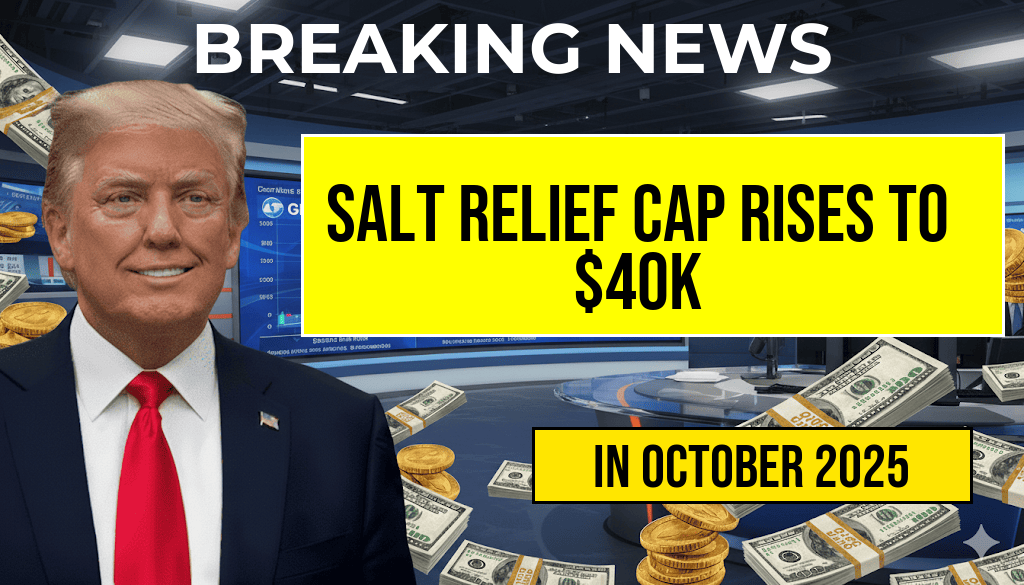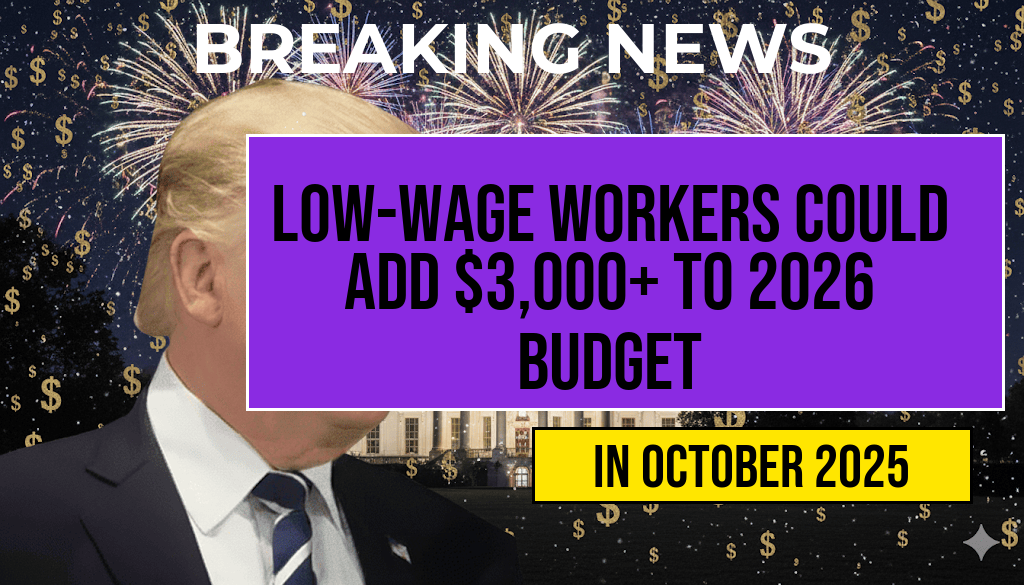The IRS has officially extended the controversial “No Tips” rule through 2028, establishing a new annual cap of $25,000 on tips that can be excluded from income reporting. Originally introduced as a temporary measure, this policy now continues for several more years, impacting millions of service workers across the United States. The regulation, which affects employees in hospitality and other tip-eligible industries, limits how much of their earnings they can shield from taxation under the “no tips” exemption. The extension aims to provide clarity amid ongoing debates about tip reporting practices and the fairness of tip income taxation. Employers and employees alike will need to adjust their financial and reporting procedures accordingly, as the cap remains in place until at least 2028, with the potential for future modifications.
Understanding the Extended “No Tips” Rule and Its Implications
The “No Tips” rule, formally known as the tip exclusion provision, allows certain workers to report tip income below a specific threshold without having to document or pay taxes on it. However, this exemption has always been subject to limits, and recent updates have increased the maximum amount eligible for such exclusion. Under the new regulation, employees can exclude up to $25,000 of tip income annually, provided they meet specific criteria set by the IRS. This change effectively raises the previous cap and extends the policy’s validity until 2028, giving industry stakeholders time to adapt to the new regulations.
Details of the Policy Extension and Cap
| Aspect | Details |
|---|---|
| Effective Duration | January 1, 2024 – December 31, 2028 |
| Annual Tip Cap | $25,000 |
| Eligible Workers | Employees in hospitality, food service, and similar industries |
| Reporting Requirement | Tips exceeding the cap must be reported as income |
| Compliance Measures | Employers must provide proper documentation and reporting guidance |
Rationale Behind the Extension and Cap Adjustment
The IRS and policymakers argue that the extension provides stability for service workers and industry employers, offering clarity amidst evolving tax regulations. The increase to a $25,000 cap aims to reflect inflation and the rising income levels within tip-based roles, ensuring that workers retain a fair portion of their earnings without undue tax burdens. Additionally, the extension aligns with broader efforts to streamline tax reporting processes and reduce compliance complexities for small businesses in the hospitality sector.
Impact on Service Industry Workers
For many employees, tips constitute a significant part of their overall compensation. The increased cap allows workers to keep more of their earnings tax-free, which can be especially meaningful amid inflationary pressures. However, it also requires diligent record-keeping, as tips exceeding the cap must be reported and taxed accordingly. Some advocates argue that the policy strikes a balance between simplifying tax obligations and ensuring fair taxation, but critics warn it might incentivize underreporting or complicate compliance efforts.
Employer Responsibilities and Compliance
Employers in tip-dependent industries will need to update their payroll and reporting systems to align with the new cap and extension timeline. They are responsible for accurately documenting tips received by employees, especially when amounts surpass the threshold. Failure to comply with IRS guidelines can lead to penalties, making it essential for businesses to invest in proper training and record-keeping protocols.
Potential Future Developments
While the current extension runs through 2028, discussions around further reforms continue. Some industry groups and lawmakers advocate for eliminating tip reporting caps altogether, arguing that it would simplify tax compliance and increase transparency. Others emphasize the need for ongoing oversight to prevent abuse and ensure equitable tax collection. As the debate proceeds, stakeholders are watching closely for any legislative or regulatory shifts that could reshape the landscape of tip taxation in the coming years.
Resources for Service Workers and Employers
- Taxation in the United States – Wikipedia
- IRS Extends Tip Exclusion Cap to $25,000 Until 2028 – Forbes
- IRS Tips and Tip Income – IRS.gov
Frequently Asked Questions
Question
What is the duration of the ‘No Tips’ rule extension for tax purposes?
Question
Until which year does the ‘No Tips’ rule extension apply?
Question
What is the annual cap on tips that cannot be exceeded under this rule?
Question
How does the extension of the ‘No Tips’ rule impact service industry workers?
Question
Are there any changes in reporting requirements due to the extended ‘No Tips’ rule?






